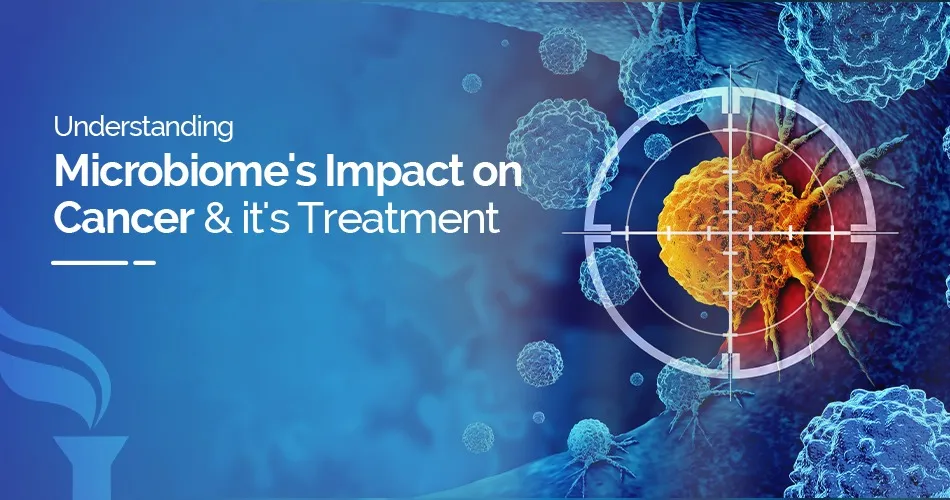5 Factors Leading to High-Risk Pregnancies
Jun 04, 2020

There are certain factors in particular that can place a pregnancy at risk. They are usually in the form of:
Pre-existing health disorders
If the soon-to-be mother has health issues such as uncontrolled high blood pressure, polycystic ovary syndrome, diabetes, autoimmune disease, infertility, obesity, thyroid disease, HIV/AIDs, etc., it can give way to problems in the foetus. The baby may have low birth weight, birth defects, heart failure, etc. There might also be chances of miscarriage, preeclampsia, premature delivery, and stillbirth.
Mother’s lifestyle
Alcohol consumed during pregnancy passes through the umbilical cord and reaches the foetus, increasing chances of miscarriage or stillbirth. Even if the foetus survives, it may have birth defects and foetal alcohol spectrum disorder characterised by abnormal facial features, hyperactivity disorder, intellectual disabilities, poor vision, hearing problems, low body weight, short stature, etc. Smoking also puts the foetus at risk for birth defects and sudden infant death syndrome.
Mother’s age
Women who are underage or overage both face the risk of serious complications during pregnancy. Teenage mothers run the risk of premature delivery, preeclampsia, hypertension, and having a baby with low birth weight.
underage or overage both face the risk of serious complications during pregnancy. Teenage mothers run the risk of premature delivery, preeclampsia, hypertension, and having a baby with low birth weight.
 underage or overage both face the risk of serious complications during pregnancy. Teenage mothers run the risk of premature delivery, preeclampsia, hypertension, and having a baby with low birth weight.
underage or overage both face the risk of serious complications during pregnancy. Teenage mothers run the risk of premature delivery, preeclampsia, hypertension, and having a baby with low birth weight. Women over the age of 35 are also likely to have problems related to pregnancy, in addition to declining levels of fertility. They also likely to have medical conditions like high blood pressure and diabetes which lead to further complications. Their babies might have chromosomal disorders such as Down syndrome, which can be detected with the help of prenatal screening. The risk of miscarriage is higher for older women.
Pregnancy conditions
Certain problems that arise during pregnancy are:
Multiple gestation: Having twins or triplets increases the risk of premature birth. They are likely to be smaller than their singleton peers and might have difficulty breathing. The mother might also require a caesarean section instead of a natural birth.
Gestational diabetes: This develops during pregnancy. However, it can be managed by following a proper diet and taking treatment. If left uncontrolled, it increases the risk for preterm labour, premature birth, and preeclampsia.
Preeclampsia and eclampsia: This is a condition in which there is a sudden increase in blood pressure after the 20th week of pregnancy, which can affect the mother’s kidneys, liver and brain. Untreated, it can be fatal for both mother and child. Eclampsia is a more severe form of this condition, characterised by seizures and coma in the mother.
Mother’s weight
Women who are obese or overweight may have babies with birth defects such as spina bifida, heart problems, cleft palate and lip, and hydrocephaly. Since they’re also more likely to have gestational diabetes, this brings with it its own set of complications as mentioned previously. On the other hand, women who are underweight may deliver prematurely, or their babies may be underweight.
For all these reasons, prior planning and pre-conception check-ups are necessary. So if you’re hoping to get pregnant, get your complications checked at reputed diagnostics centre like Apollo Diagnostics to have a safe and risk-free pregnancy.
Related Blog Post
Blog Categories
- Child Health
- Mens Health
- Women's Health
- Mental Health
- Health Myths & Facts
- Fitness
- Nutrition/Recipes
- Remedies
- Weight Management
- Stress Management
- Health Supplements
- Addiction Management
- Disease Management
- Allergy
- Anemia
- Arthritis
- Asthma
- Autoimmune Diseases
- Blood Pressure
- Cancer
- Deficiencies
- Dengue/Malaria/Chikungunya
- Diabetes
- Eye Problems
- Heart Diseases
- Hepatitis
- HIV/AIDS/STD
- Hormonal Imbalance
- Infection/Flu/Viral
- Kidney
- Liver
- Menstrual Problems
- Pregnancy
- Skin & Hair Problems
- Stomach Ailments
- Thyroid
- Others
- Health Checkups
- Diagnostics/Pathology
- Lifestyle & Wellness
- Covid
- Medical Tests
- Cholesterol
- Health Tips
- Parent Care/Old Age
- Lungs
- Food Intolerance








